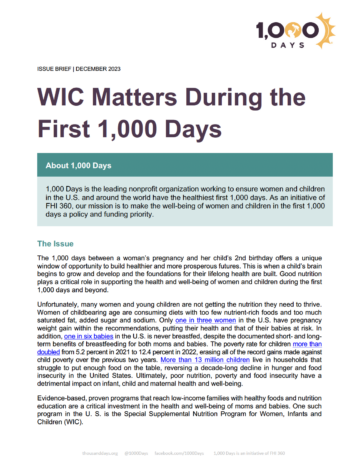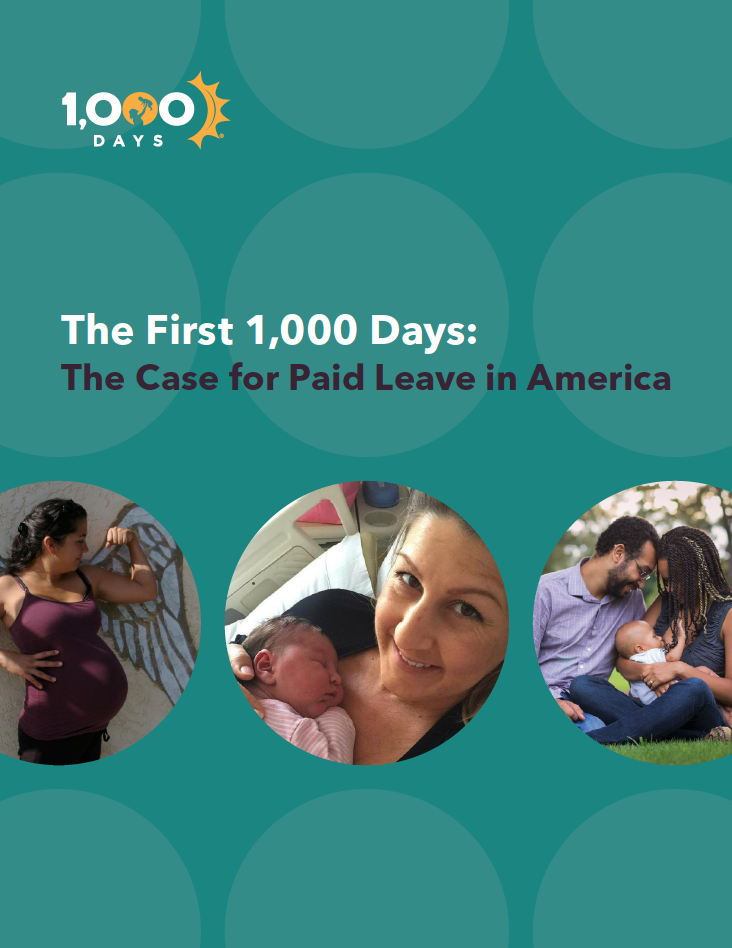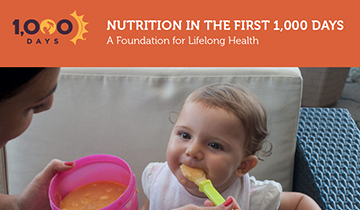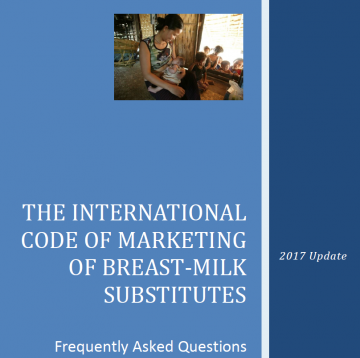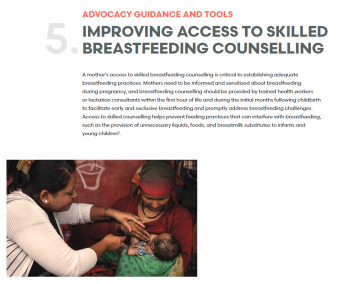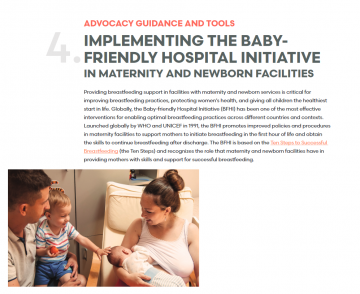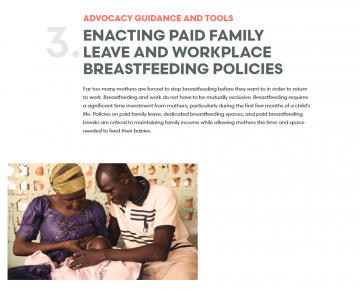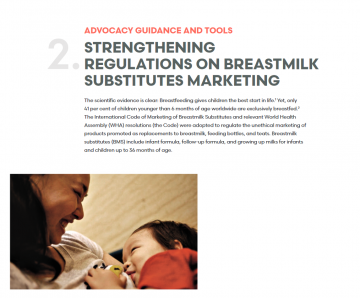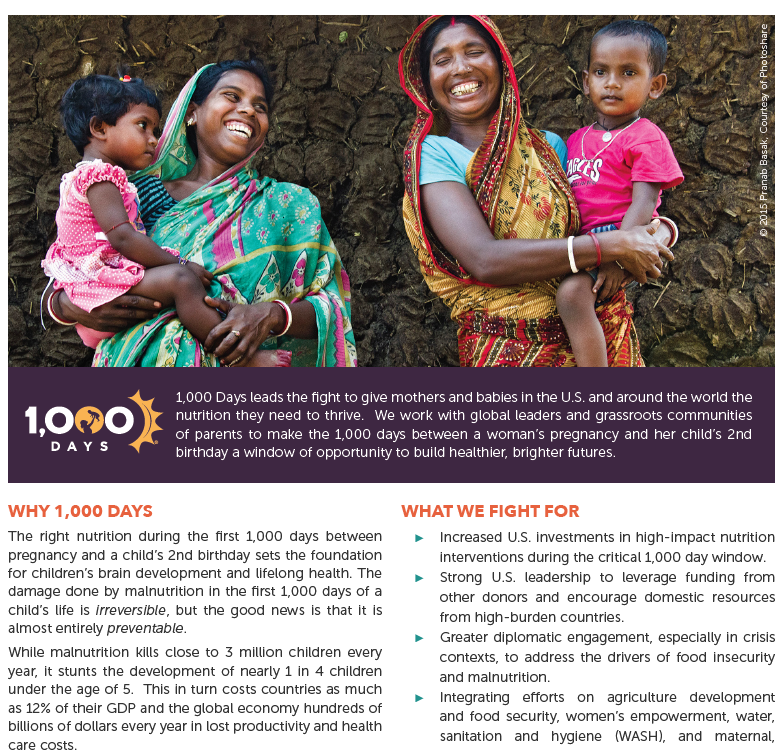WIC Matters During the First 1,000 Days
The 1,000 days between a woman’s pregnancy and her child’s 2nd birthday offers a unique window of opportunity to build healthier and more prosperous futures. This is when a child’s brain begins to grow and develop and the foundations for their lifelong health are built. Good nutrition plays a critical role in supporting the health and well-being of women and children during the first 1,000 days and beyond.
Evidence-based, proven programs that reach low-income families with healthy foods and nutrition education are a critical investment in the health and well-being of moms and babies. One such program is the Special Supplemental Nutrition Program for Women, Infants and Children (WIC).

